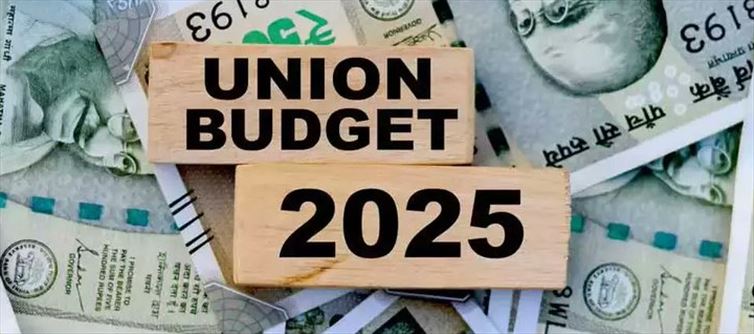
When it comes to the insurance sector, reforms are always a hotbed of debate, but the buzz around reassessing tax benefits under Sections 80C and 80D has stirred some serious controversy. These sections, which have long dictated the tax advantages of insurance products, may no longer be doing justice to the financial realities of taxpayers. Are they too outdated to truly benefit the average Indian?
The 80C Conundrum
Let’s start with the elephant in the room: Section 80C. The deduction limit under this section has been stuck at ₹1,50,000 for years now. While this might have seemed reasonable a decade ago, the inclusion of multiple financial declarations under this limit—ranging from Public Provident Fund (PPF) to home loan repayments—has rendered it inadequate.
Term insurance, a vital pure protection product, has been relegated to an afterthought. Many argue that taxpayers should be rewarded for choosing financial security, and the solution seems obvious: carve out a separate exemption category exclusively for term insurance. This move could encourage individuals to opt for higher coverage term plans, ensuring better protection for families. However, critics question whether this would lead to over-commercialization of insurance, with companies using it as a selling tactic to push expensive policies.
80D: The Healthcare Dilemma
Shifting gears to health insurance, the current deduction limits under Section 80D seem insufficient to keep up with skyrocketing healthcare costs. For self, spouse, and dependent children, the existing ₹25,000 limit barely scratches the surface. A proposed hike to ₹50,000, and up to ₹1 lakh for senior citizen parents, seems like a step in the right direction, but detractors aren’t sold on the idea.
Opponents argue that merely increasing limits without addressing the underlying affordability of health insurance premiums might miss the mark. After all, what good is a higher tax break if you can’t afford the policy in the first place?
The Wild Card: health Savings Accounts (HSAs)
Enter the health Savings Account (HSA)—a concept that has been making waves globally but is still nascent in India. HSAs encourage individuals to save specifically for healthcare expenses, creating a dedicated health corpus. Advocates argue that making these accounts tax-exempt and restricting withdrawals to healthcare-related expenses would be a game-changer.
But here’s where the controversy deepens: skeptics warn that HSAs could become yet another tool for the wealthy to game the system. Without proper safeguards, these accounts might end up benefitting high-income groups disproportionately, leaving middle-class taxpayers struggling with the same old challenges.
The Bigger Picture
While these proposed reforms aim to promote financial security and proactive healthcare planning, they also raise pressing questions. Are these changes genuinely designed to help the average taxpayer, or are they yet another way for financial institutions to cash in on tax incentives?
The debate underscores the need for a balanced approach—one that modernizes tax benefits while ensuring accessibility and equity. It’s a fine line to walk, and for now, the jury is still out. As taxpayers and policymakers continue to clash over these reforms, one thing is clear: the status quo is no longer an option.




 click and follow Indiaherald WhatsApp channel
click and follow Indiaherald WhatsApp channel